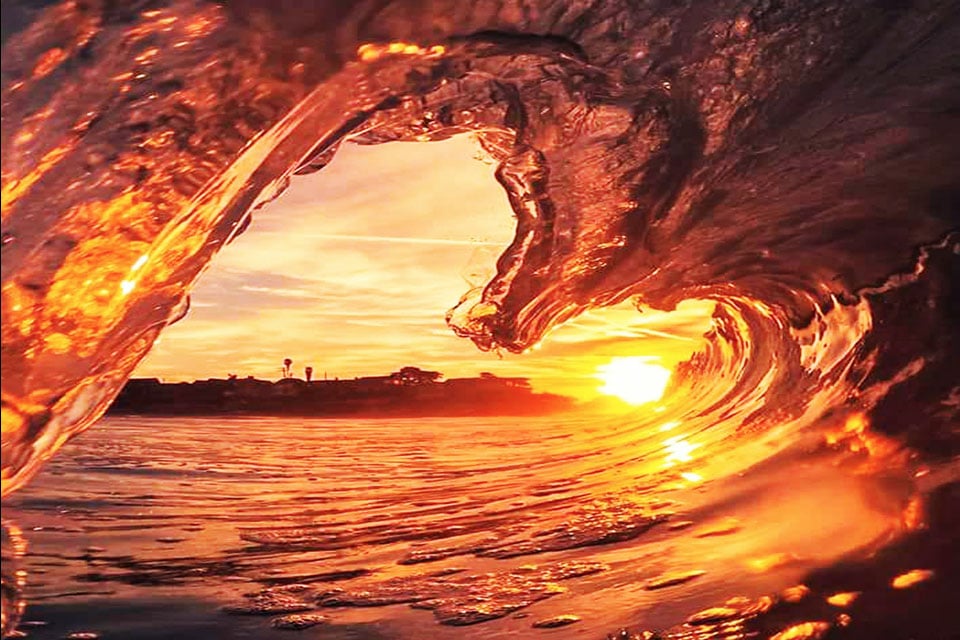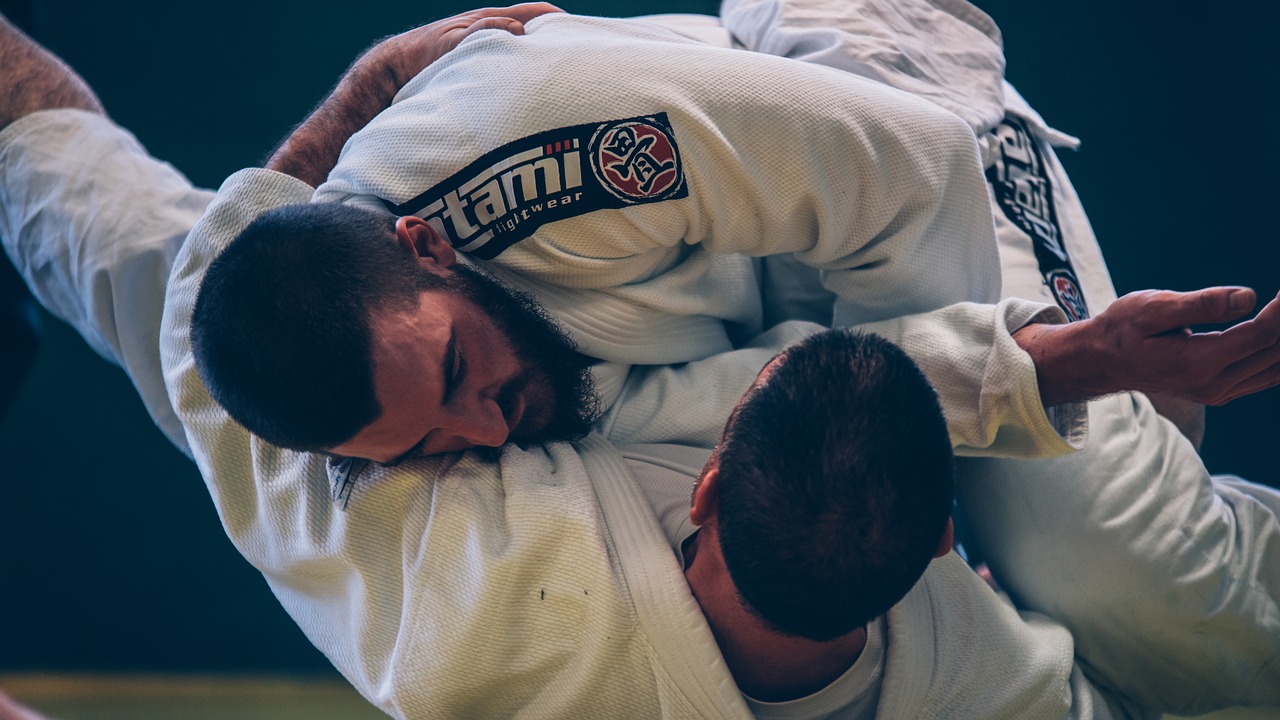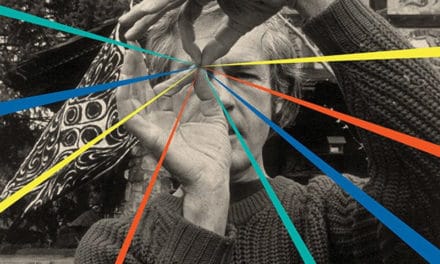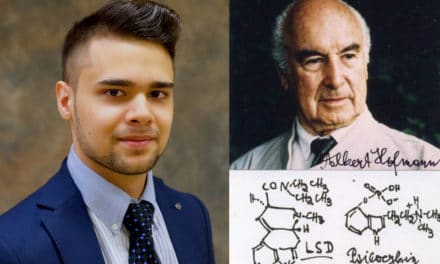
Shane LeMaster is a Sports and Exercise Psychologist in Fort Collins, CO. With his clients, he focuses on “Human Performance Optimization,” helping them access their peak potential. Through his research in optimal performance, Shane has become well acquainted with the concept of flow, a state of being that elicits a sense of effortlessness in the face of formidable challenge.
On top of helping clients reach optimal performance states, Shane offers psychedelic integration therapy and speaks openly about his use of psychedelics to enhance performance. His knowledge of the psychedelic space has received recognition; on top of appearing on several psychedelic podcasts, Shane was recently appointed Vice President of Denver’s Psilocybin Mushroom Policy Review Panel, the group responsible for navigating the implementation of the city’s successful decriminalization initiative. Drawing from a diverse body of work on flow state, including popular books such as Stealing Fire and The Rise of Superman, Shane generously offered his knowledge of the subject of flow, its connection to psychedelics, and his pointers on how to access states of optimal performance in daily life.
Thanks for making the time to talk, Shane. Can you explain how you became interested in flow states?
I got a Masters degree in Sport and Exercise psychology, and so that’s where I was first introduced to flow, and how athletes and elite performers reach flow states. Sports psychology helped me tap into the question of what it is about our human psyche that allows us to do that. Then I was exposed to textbooks on flow. The most prominent author on the subject is Mihaly Csikszentmihalyi. I met him at a mindfulness conference once, and he and I had a fascinating conversation about the application of flow during surgery. It piqued my interest, and so most of my interest in sports psychology was about flow. I’ve applied it to my own athletics. I do Jiu-Jitsu professionally, and so I try to elicit flow states and incorporate them.
Could you describe your understanding of flow?
There’s a graph or curve commonly found in the literature that relates to what’s called “optimal zone of functioning.” If you’re not stimulated enough, you’re going to be bored, and the task is going to be easy. If you’re pushed too hard, it’s going to be over-stimulating and out of your reach, beyond your potential. Then there’s your day-to-day level of functioning. Optimal zone of functioning is a thin band that’s just out of your reach, though perhaps you could achieve this task if you have a little help or a little instruction. That’s usually the area where flow occurs. It’s when people push themselves just beyond what they think is possible for them.
But more than anything you can describe by graphs and statistics, it’s a feeling. Flow is this sense where your mind suddenly gets out of your way. We’re so analytical in this Western mindset. We like to use science and reductionism, and that gets in our way, especially when we’re trying to perform something and be in the moment. If you’ve done the task over and over again, you reach a level of proficiency where you can let thoughts go, and you’re in the moment, moving.
In those moments, when we’re in flow, we feel what I describe as superpowers. Increased balance. Hypersensitivity. Time seems to slow down. In Jiu-Jitsu for me, I feel like my opponents are moving slower, and I’m able to react much faster. You experience a runner’s high, a sense that you have all this energy and you could go forever.
So it’s an intense attunement to the direct experience.
That’s exactly what it is. Total focus. You can find flow in meditation. Moments when you’re just zoned in.
How do you understand psychedelics to be connected to flow states?
I find more flow states happen at lower doses than higher doses. Microdoses, or even just a little bigger. I’ve found flow states with psilocybin, LSD, MDMA, and with cannabis.
You can find them with a variety of different substances and mindsets. I feel it’s more about the mindset than the chemical, but those certainly help. That’s where I think the tie is between them—psychedelics are really good at turning off that analytical mind and allowing you to function smoothly and efficiently in your present moment, more consistently over the day. In the past, when I’ve taken a microdose, I’ve been in the flow much longer during the day.
Would you liken that analytical mind to ego?
I think it’s a part of ego, or the other way around. I don’t think it’s necessarily the same. Analytical mind is the part of our mind that’s trying to make sense of the world based on what it already knows. Ego is certainly tied to that. But it doesn’t have to be.
Do you think that you can consciously move into a state of flow, or does it just happen?
That’s a widely-debated topic. I think most often, it just happens—and everybody’s experienced flow, they just might not recognize it as flow. Like I said, runners experience flow. Hanging out with family, you can experience flow. When you and your friends are laughing over a board game, that’s flow. There are no external thoughts judging the experience. You’re totally in the moment.
So it happens spontaneously for most people, but in my experience, it is a trainable thing. But the research and the verdict is still out. A lot of people have been trying to figure out what causes flow. Nobody can figure it out. We know different pieces of what contribute to flow, but we don’t know one thing that simply puts you in flow.
Like some stimulus/response thing.
Right. We know athletes and people who find themselves in this state frequently, through training regimens or whatever, can find greater comfort with that space and learn to cultivate it more often. If you experience flow on a daily basis because you’re an athlete, you’re more likely to be able to bring it up when you want it. Somebody who doesn’t experience much flow in their life is going to have a tougher time accessing it on command. But we all have the potential and capability to do it.
How do you cultivate it in your own practice?
Most of my flow cultivation happens in Jiu-Jitsu, mostly because it’s fertile ground. It’s like a training sanctuary for the mind, and I get to do it every day. For me, it’s been about doing what I love, having passion for it, and when I find myself spontaneously in flow states, reflecting on what happened before and how I might recreate it. It’s bringing the analytical mind into the experience after the flow is done and asking, “What was my day like before? Did I meditate? What was my mood and energy like?” Over time, I’ve developed certain routines, certain phrases I say to myself, that have conditioned my psyche to bring up those feelings I have associated with them.

And you find that replicating them from this analytical perspective works?
Not every time. But they certainly improve the amount of times I can get in flow. You see this with all sorts of athletes. They have superstitious routines they’ll do before they step up to the plate. These are little ceremonies, little rituals that set the space in our mind and set the container that we’re in physically to bring about a certain level of performance. That’s how we’re applying flow in this sense. It’s optimal performance. Your mind is out of the way, and you’re operating perfectly.
And the ritual’s repetition over time makes a habit of priming the mind? Like a mental muscle memory that comes through the ritual?
Exactly. So, right before I step on the mat for a tournament, I will feel the mat with my bare feet. I’ll bow, and in my head I’ll say, “Calm, cool, collected.” That’s my mantra. Each one of those terms has two pages worth of meaning behind them, but all I have to do is cue into the word, and my mind goes clear. I step on the mat, and I feel a surge of energy. It happens every single time. How long I can maintain that is a different question, depending on the situation.
There’s a paradox where as you become aware of it, it slips away.
Yeah. Well—
Or, if you think about it.
If you think about it.
You can be aware of it without analyzing it.
Yeah. I’ve been aware I’m in flow as it’s happening. But as soon as you start thinking about the flow state, you’re in a different part of your mind.
Do you use substances to help your training?
Oh yeah. I microdose quite frequently, and I smoke cannabis every single time I roll. That probably helps me get in the flow more often, because I don’t use psychedelics all the time. But quite frequently I’ll train with a microdose and it will vastly help.
Either LSD or mushrooms?
Yeah.
You’re talking a lot about performance and optimization. Is there psychological benefit to flow state other than increased performance?
That’s where it’s seen in most of the literature. But if I could talk neurochemically about the brain, as opposed to mind, flow states tend to synchronize brain function.The brain’s not functioning as hard as it usually is, which tends to de-stress the mind. When I’m in flow, or I just came out of flow, I never feel sad or depressed. It’s like I get a little taste of perfection. It’s very freeing.
It sounds empowering, but not in an egotistical way.
It pushes you to that new challenge level, that thin sliver right outside your comfort zone, and you reach a new personal best every time you get into flow. It feels like you level up, every time. No mental strain at all. I think that’s one of the benefits to either the mind or the brain—whether it’s one or both—the reduced mental effort you have to expend to do this awesome thing.
My most consistent experience with flow is with writing. Sitting there with the page, usually my mind’s spinning about what I should write, and then suddenly I realize I’ve written six pages. I’ve been aware I’m writing, but also not aware. Everything is already there, in this flow.
And time disappears, doesn’t it?
Absolutely. Consistently.
Yeah.
The last thing I’m curious about for this conversation is mystical experiences. Do you think flow and mystical experience are from the same pool, or are they different things?
That’s a good question. I suppose someone could characterize a mystical experience as the ultimate flow state, where you are completely one with everything. I guess that’s the ultimate goal, right? The ultimate flow state.
Egolessness. Total unity.
In every moment. But I think they’re almost cousins. They’re related, but not the same.
Do you work with athletes on flow specifically?
Yeah. I’ll help them identify past times when they were in flow and didn’t know it. Then we’ll recall what that was like, and how they felt. Then they’ll start paying more attention to their everyday life, recognize it more and more, and start to pick apart the conditions leading up to those moments. It’s just like my own analytical process, but I help someone else go through it. You have to be able to recognize the state before you can start to work with it.
I keep thinking about intention—approaching things with intention, instead of on automatic pilot, even something like washing a dish.
I’ve been in flow washing the dishes.
I believe it. It seems that the intention component is built into the ritual, priming the mind.
Absolutely. That’s the fundamental part of ritual, that it has intention.
I feel like I’ve titrated in and out of flow through this conversation.
For sure. Conversations are a great way to experience flow. When you’re really in it, and you’re not thinking about the next thing to say, you’re just listening—it’s that connection you feel. It’s fun to feel flow between two people, as opposed to experiencing it on your own.
I wonder though, because I don’t feel there’s a challenge here that I’m meeting. So is this flow, or something different?
I mean, you’re pushing yourself outside of your knowledge zone right now.
Good way of framing it. Thanks for your perspective. And I appreciate that you’re open about your use of substances. It’s not totally common, even amidst this renaissance.
Most of the time I try to talk about it as past experience and try not to be specific about times, places and people involved. But I think the more people come out and talk about their experiences—the benefits they’ve gotten, and the transformational healing that’s happened—the more things are going to shift. It’s not necessarily the book you read that might change your mind, but your next door neighbor who had a mushroom trip and expressed, “Holy shit. My lifelong depression is gone.” You’re going to hear that story and think, “Wow. This is real.”
More people need to come out and talk about their experiences, because that’s what is going to get the culture as a whole to shift. You were at Denver’s Psilocybin Mushroom Policy Panel. Half the table on the first day identified as having used mushrooms before. In a government building, we’re admitting this, across from the sheriff.
It’s scary to go to that edge and put yourself out there, because in the past, people have gone to jail for what we’ve said. But the only way we’re going to get through this Drug War wall is to be out and open and show them that we’re not crazy people. We’re smart. We’re educated. We want good things for good people.









